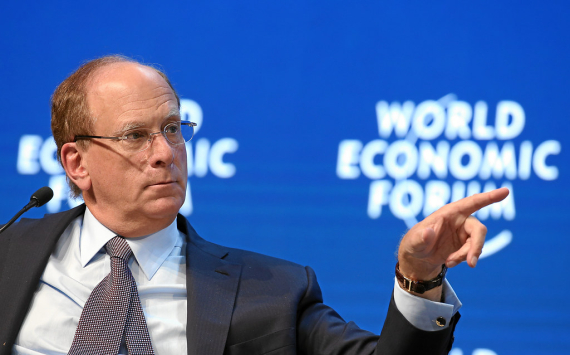
Vacancies in New York City
The new law requires most of the city's hiring companies to list expected salaries as of May 15.
New York City will require employers to include minimum and maximum salaries in job listings starting this spring, a requirement that has already drawn objections from business groups.
Under the new City law, which comes into force on 15 May, companies will have to disclose the expected salary range that a "conscientious" employer believes it will pay for each advertised vacancy, promotion or transfer opportunity.
Almost every employer hiring in the city will be subject to the law; only those with fewer than four employees or staffing firms hiring temporary workers are excluded. Companies that fail to comply may be fined or subject to other civil penalties.
The measure, aimed at closing the gender pay gap and making pay more transparent, is the latest step in an expansion of pay disclosure requirements that are also being implemented in states such as Rhode Island and Connecticut. This comes against a backdrop of continuing labour shortages in the US and could give employees even more leverage when many already have an improved position in terms of job options and negotiations.
In response to a similar law in Colorado that took effect last year, employers from Johnson and Johnson to commercial real estate giant CBRE Group Inc. have indicated in reports that remote jobs have been closed to people living in the state, allowing companies to shy away from disclosure. requirements.
Employment experts say New York's law may be more important because of the size of the city's economy and the number of large US companies operating there. Banks such as Goldman Sachs Group Inc. have hundreds of open jobs in the city, as do hedge funds, law firms, media companies and giants such as Google Alphabet Inc. and Estee Lauder.
"It's a big deal," said Ian Carleton Schaefer, chairman of the New York-based employment and labor relations practice at law firm Loeb and Loeb.
But business groups such as the Partnership for New York, which includes companies such as JPMorgan Chase Co. and International Business Machines Corp. oppose the law, though they say they support efforts to promote greater pay transparency and gender equality.
















































